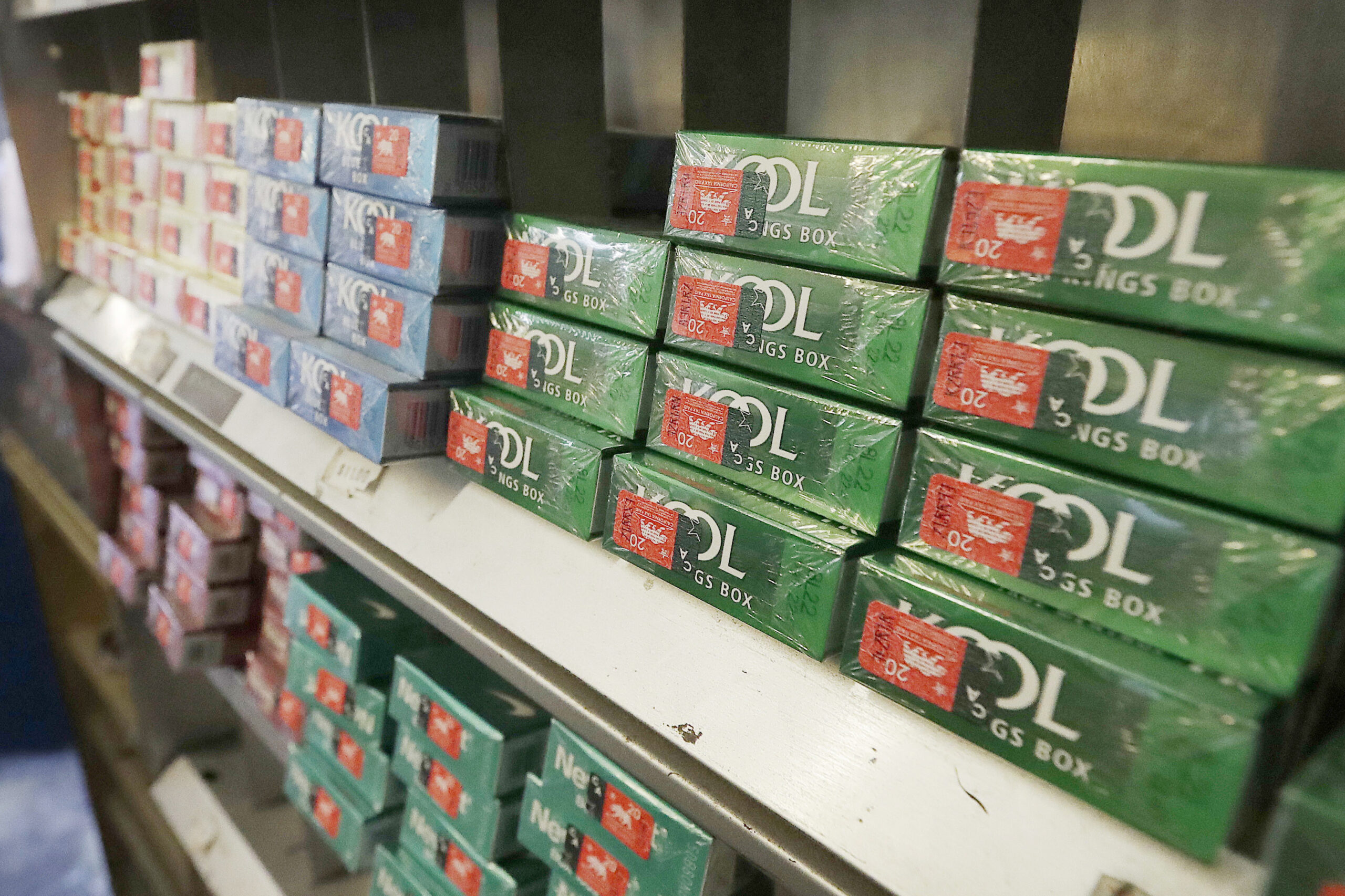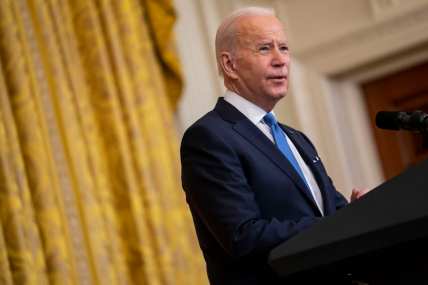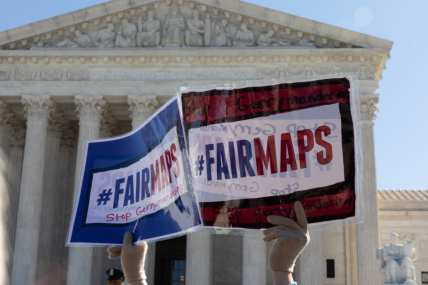FDA proposal to ban menthol cigarettes reignites public health debate impacting Black Americans
While the proposed ban is years in the making, some expressed concerns it could negatively impact Black people. Press Secretary Jen Psaki told theGrio, "This is not to give anybody license to arrest somebody who is smoking a menthol cigarette."

The Federal Drug Administration (FDA)’s plan to ban menthol cigarettes and flavored cigarettes is seen as a major move by the agency after decades of attempts by the federal government and advocates to address the public health issues caused by tobacco smoking.
Ambassador Susan Rice, director of the White House Domestic Policy Council, has been working feverishly on this latest effort to ban menthol cigarettes, which are highly addictive and targeted at Black Americans.
“It is estimated that by banning menthol cigarettes, we will save up to 650,000 American lives. Of those, 240,000 people are Black lives,” Rice told theGrio.
Many studies support the efforts for a menthol cigarette ban that is found to have a devastating impact on the Black community. The 2018 National Survey on Drug Use and Health found that 85% of Black smokers used menthol versus 39% of those in the general population.
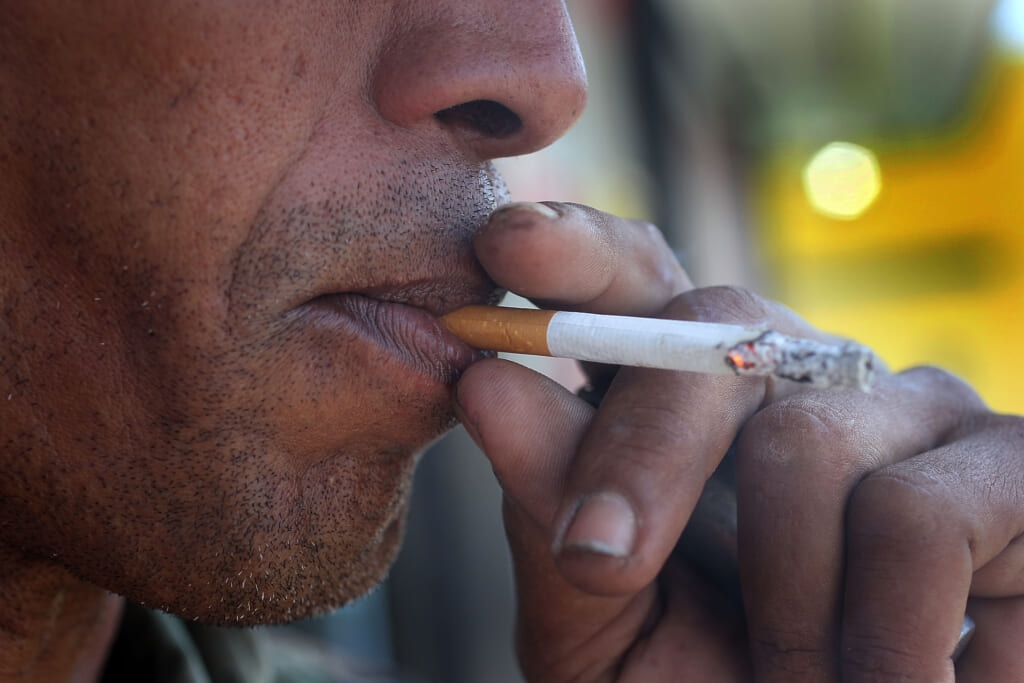
Black Americans typically smoke fewer cigarettes and start doing so as they get older. According to data from the CDC, they are also more likely to die from smoking-related diseases than whites.
In the 1990s, the NAACP took a position on the issue and supported a ban on menthol cigarettes. That position of support remains today.
Derrick Johnson, president of the NAACP, told theGrio Thursday that this is a lethal “bait and switch” combination.
“Menthol is what attracts people to begin to smoke. And so what we’re saying is that if you’re using flavor to get people to smoke, only for them to later find out that you have those components of tobacco, it’s a bait and switch that should not be allowed,” said Johnson.
He added, “Allow them to smoke cigarettes without tricking them with flavoring only for them to later find out that they become addicted. And for most people, that addiction is a lifetime. What’s under consideration now is ensuring that the flavoring of menthol and tobacco is removed, which is consistent with what they did in 2009 with all flavoring.”
“The only flavoring that’s allowed is the flavoring of menthol based on certain standards which have been shown to be the flavor of choice of African-Americans. If you remove flavoring to prevent components of tobacco for other communities, you need to do the same thing for African-Americans.”
The White House wants to take this message around the country, particularly in North Carolina, a heavy tobacco-cropping state. It is also a state that hosts the top five tobacco manufacturing employers in the nation.
On the other side of the issue is U.S. Congresswoman Frederica Wilson of Florida, who called out President Joe Biden over the menthol-flavored ban.

“I think that Mr. Biden needs to leave that alone unless he’s going to outlaw all cigarettes. Don’t pick on cigarettes that Black people are attracted to,” Congresswoman Wilson told theGrio. “And he doesn’t need to be a part of a discrimination lawsuit or even a discrimination conversation because he will lose the Black vote. Many people who would ordinarily vote for him or support him would not. So he needs to stay out of that conversation.”
Congresswoman Wilson said more pressing issues are a danger to Black communities, particularly in her state of Florida, like gerrymandering and voter suppression, child poverty, and early childhood education.
“That is not an issue for him to advocate for and champion now. They have taken two Black people away from the Democratic Party of Florida, just eradicated the seat,” said Wilson. “Children should have universal pre-k. He should be abolishing student loan debt. He should be trying to find a way to reinstitute the child tax credit. How does this menthol cigarette get into the conversation when we don’t even have voting rights?”
Ambassador Rice made clear that the move by the FDA to ban menthol cigarettes and flavored cigars will save countless Black lives.
“When I think of all the things that I am responsible for within the domestic policy portfolio, I cannot think of any single action that we could take that in one fell swoop would save more Black lives. So this is not targeting. This is actually saving lives in a massive way,” Rice told theGrio.

Rice made clear that the move by the government is “not going to ban or criminalize the possession or the use of menthol cigarettes,” which is a concern shared by Congresswoman Wilson and some advocates like Al Sharpton and Attorney Ben Crump.
“It’ll ban the manufacture and distribution and sale of those cigarettes. So that’s an important distinction. I think people need to understand we’re trying to save children, we’re trying to save Black lives. We’re trying to save American lives and do so in a thoughtful and graduated way.”
When asked about the issue during Thursday’s White House press briefing, Biden’s spokesperson Jen Psaki similarly told theGrio, “This is not targeting individuals. This is not to give anybody license to arrest somebody who is smoking a cigarette — a menthol cigarette. This is going after the manufacturers of this. It is going after those who are selling, because…we have seen decades of marketing targeted activities at exactly these communities.”
She added, “This is a public health decision that went through a public health process. It wasn’t made through a political prism or made, you know, for any other reason than the lives that it could save.”
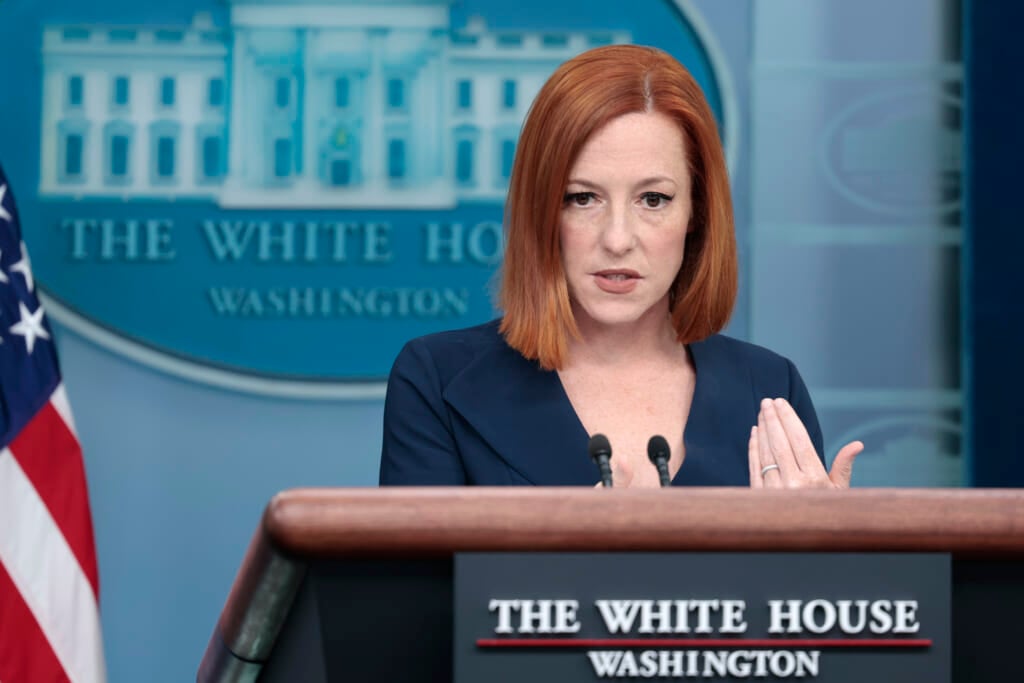
The fight against the harmful and deadly effects of tobacco is not new, but the potential for a ban is closer than ever before. In 2018, the FDA planned to issue a formal proposal to ban menthol cigarettes. The agency’s then-Commissioner Scott Gottlieb said menthol cigarettes “disproportionately and adversely affect underserved communities.” He left the post during the Donald Trump administration and the issue was essentially dropped.
Menthol cigarette smoking has been a point of contention for decades between lawmakers, civil rights leaders, health officials and the tobacco industry on the opposing side of a ban.
Years ago, there was a successful push to ban the billboard advertisements of menthol cigarettes in the Black community. CNN reported that “under a $206 billion settlement reached in November with 46 states, the major tobacco companies agreed to remove thousands of billboard ads, but keep paying for the space until their leases expire so that anti-smoking groups can use them.”
In that same report, the Department of Health and Human Services said tobacco companies spent $300 million on billboards in 1999.
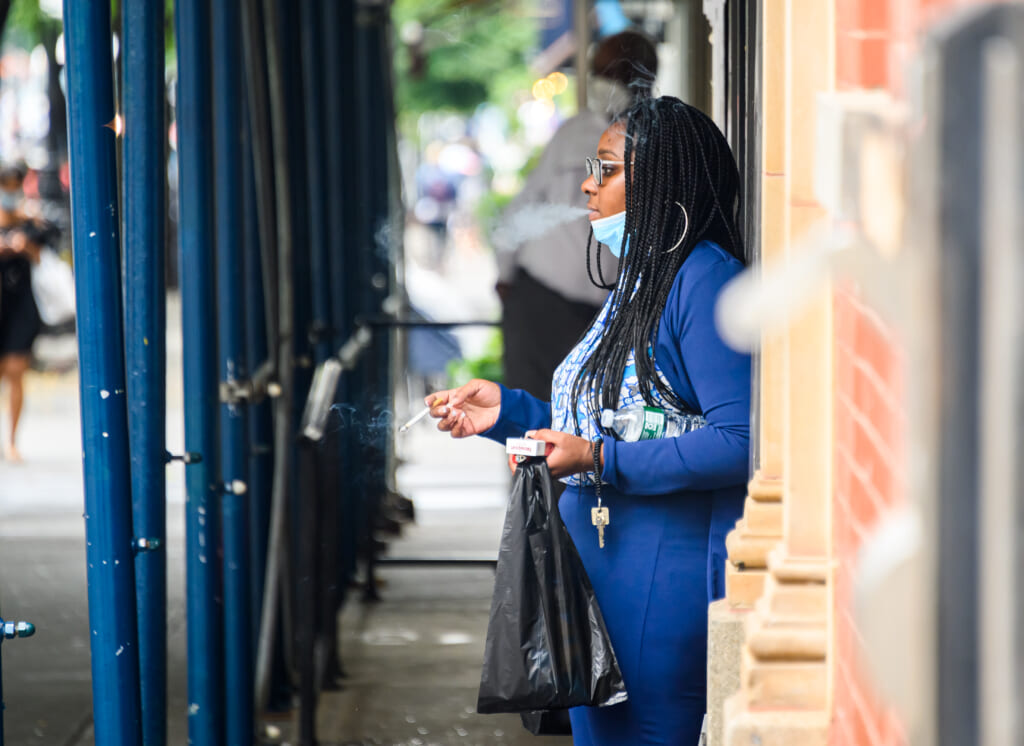
The next step as the FDA prepares its ban on menthol cigarettes is to ensure that the move does not have any economic impact, according to Ambassador Rice.
“The analysis that has been done by the FDA and that is informed by this proposed rule indicates that it will not have a significant impact in terms of jobs in the tobacco sector,” said Rice.
“It’s important for people to understand this is not a final rule. It is not something that has yet come into effect. It is what we call a proposed rule. So people can see what the government is thinking and they can provide their input and comment.
She added, “When and if the rule is finalized as it is written now, it would not be for a year after the rule is finalized that the ban would actually come into effect, which will be a period of time to allow people to to adjust.”
TheGrio is FREE on your TV via Apple TV, Amazon Fire, Roku and Android TV. Also, please download theGrio mobile apps today!
More About:Politics
